How to adapt to life after the CMCO
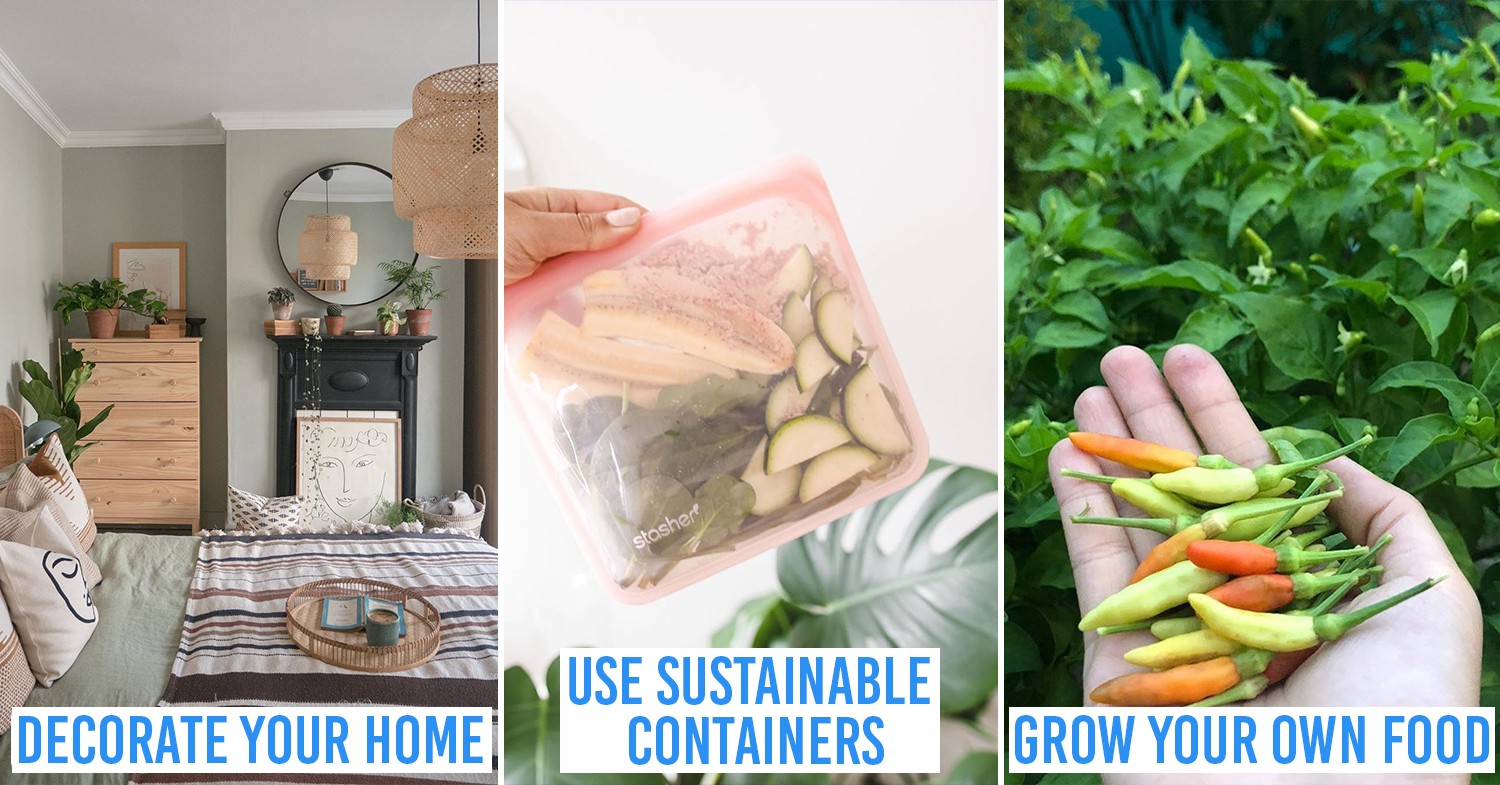
Life after the CMCO
Image adapted from: @this1870house, @stasherbag and @fengfa.homegrown
The COVID-19 outbreak started quietly in Malaysia at first, then eventually worked its way up to become a global pandemic that saw countries brought to a standstill, with people around the world being quarantined at home.
While the situation is calming down thanks to the hard work of our healthcare workers and community, and Malaysians are slowly going back to their daily grind, experts have predicted that the pandemic will not be completely over until a vaccine is developed.
The CMCO measures may have been relaxed, but this uncertainty means that life as we knew it is unlikely to return to normal soon. But changing times are also an opportunity to learn new ways to cope, so here are 7 things you can do to adapt to this challenging period.
1. Plan a schedule and stick to it for your own work-life balance
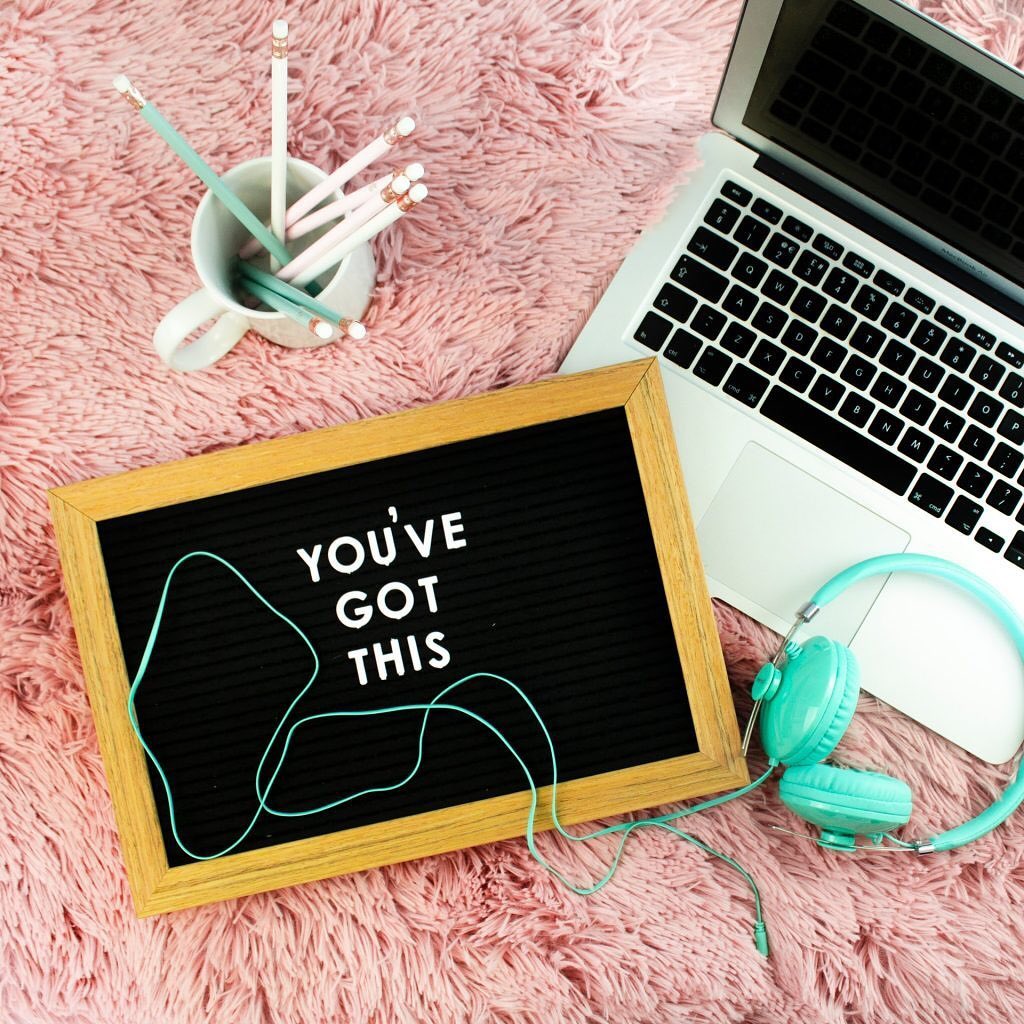
Image credit: @___work19
When the MCO first started, a lot of people thought that it would be a temporary measure, and that life would eventually go back to normal. But like how some international companies such as Twitter are letting employees work from home indefinitely, some Malaysian employers are also exploring a more flexible work-from-home culture even after the CMCO.
One of the main challenges that Malaysians faced working from home is the lack of boundaries between work and personal time. Before this, going into the office provided a clear distinction. Now, they tend to interfere with one another – imagine your family members barging into the room while you’re on a conference call, or yourself OT-ing because you forgot that 6PM had already passed – and it can result in unhealthy overwork.
Though everybody’s work-from-home situation is different, we can all control our work hours by planning a daily routine and sticking to it, designating a specific area in the house for work only, and most importantly, learning how to switch off by setting phone alarms for when it’s time for a break.
2. Find new sources of entertainment and fun
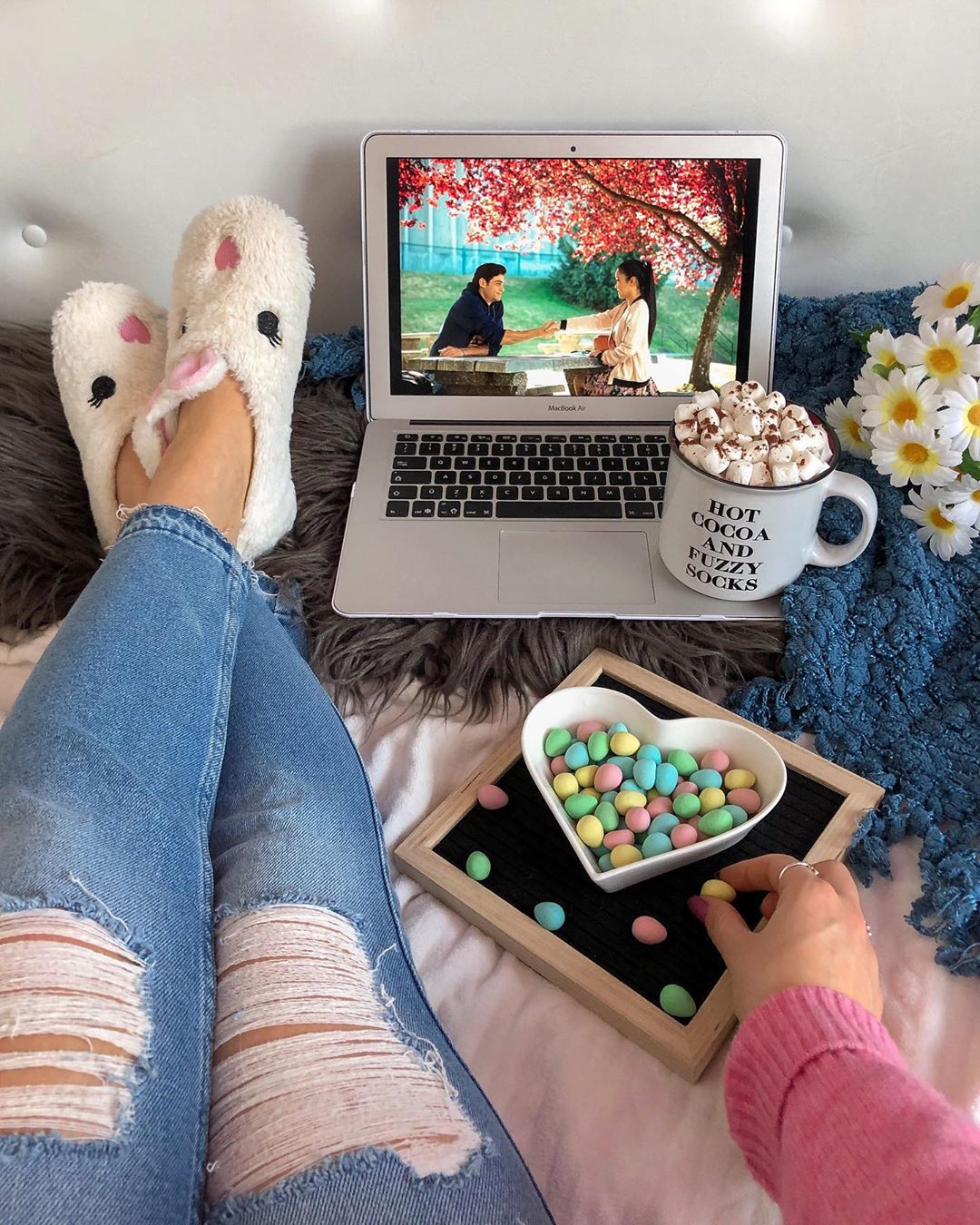
Image credit: @melissalandry04
The Malaysian definition of having fun stems from our lepak and yumcha culture, or hanging around at one of our many, many malls. Our weekend plans usually included either of those 2, so “staying home” used to mean having no plans before this.
But results from a quick BFM radio station Twitter poll seeking Malaysians’ thoughts on patronising cinemas when they reopen revealed that most will stay away for another couple of months, some even till next year.
With bars, clubs, and public events likely to be banned for a longer period of time, perhaps we can shift our mindset to create our own entertainment and learn how to truly enjoy it by focusing on the company we have instead of the things we’re doing.

Image credit: @gerakbudaya
Apart from movie streaming sites, there are plenty of wholesome ways to make our leisure time more varied at home. To start off, check out these Malaysian-made board games that are easy to understand and will guarantee some belly-rumbling laughs for the whole family.
Or you can practice your hobbies. Be it baking, playing a musical instrument or creating art, the key is to not be overly invested in producing a good outcome, but to genuinely enjoy the process.
3. Decorate your home
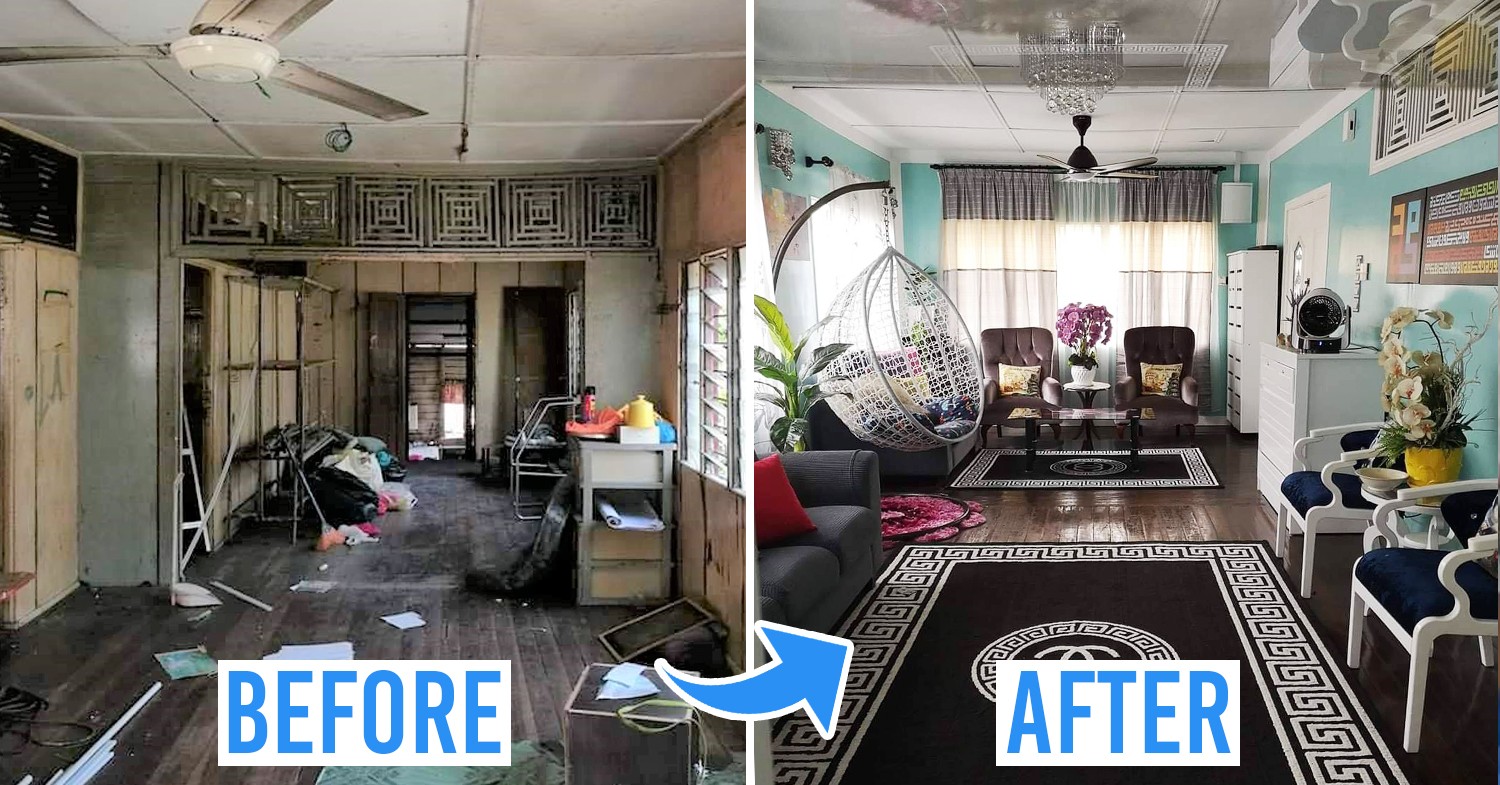 Image adapted from: Yanie Syafiin
Image adapted from: Yanie Syafiin
A lot of us never realised how important our surroundings are until we had to spend more than 2 months stuck at home. Now more than ever, we see how the quality of our spaces plays a part in influencing our mood, productivity, daily routine, and overall well-being.
As we are bound to live, work, and play at home more frequently, it’s important that your house makes you feel rejuvenated and contented, and not make you feel cooped up.
You don’t have to commit to a full-blown renovation like the one this run-down rumah kayu underwent. Start small by taking notice of your lighting, furniture, decor, and their arrangement, and slowly change up the way the furniture is placed or buy a little decor to complement your preferences.
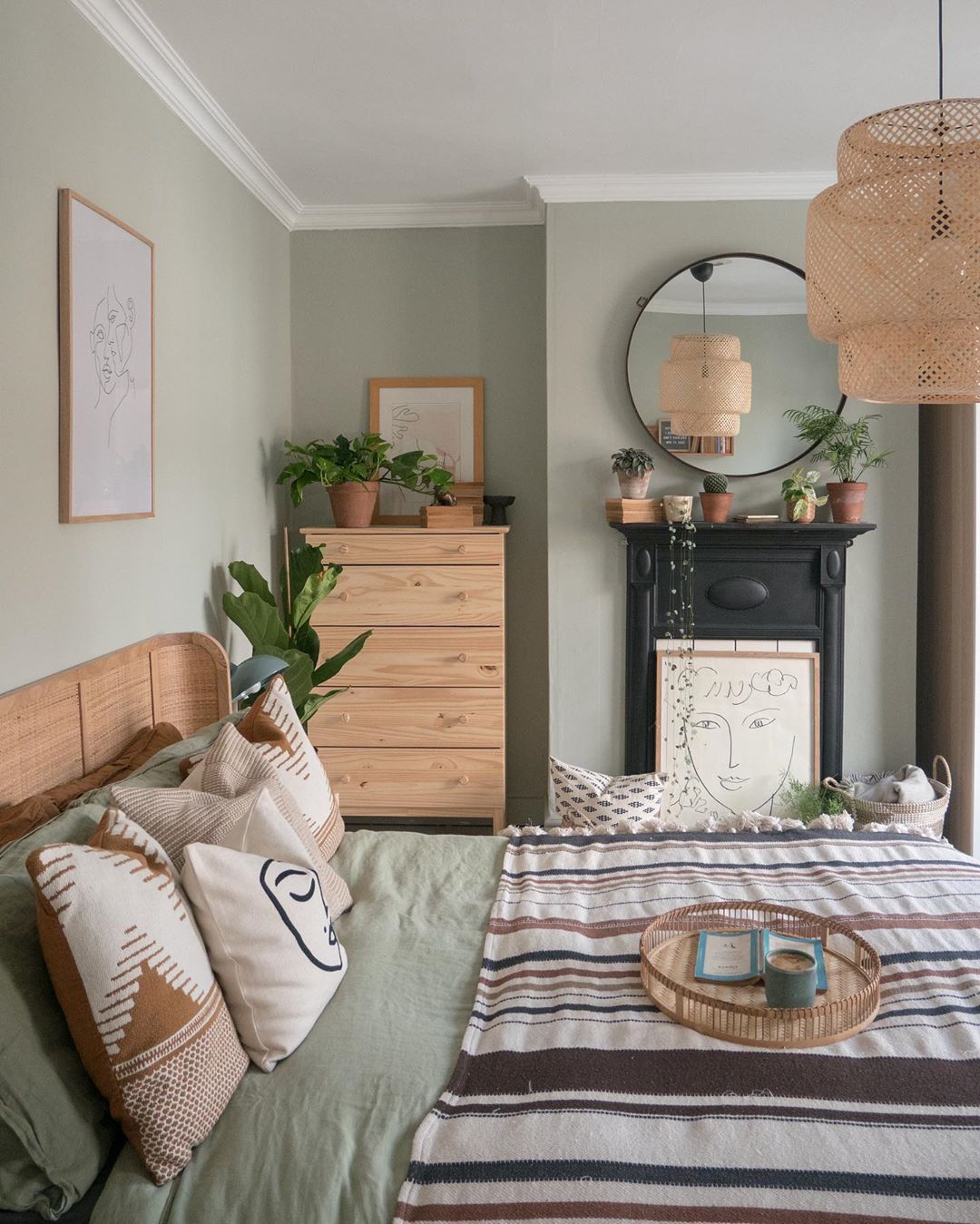
Image credit: @this1870house
An easy way to switch up your environment immediately is to simply add indoor plants around your home. Apart from improving your mental health by boosting your mood and reducing stress, plants also can help you breathe easier as they purify the air by removing toxins and releasing moisture.
Another handy tip is to take note of your space planning. You’re encouraged to balance out the size of your furniture against the space of a room by arranging taller furniture along the walls and the shorter ones in the middle of the room. This can make any room feel more spacious and easier to navigate around.
4. Find your own opportunities to earn income
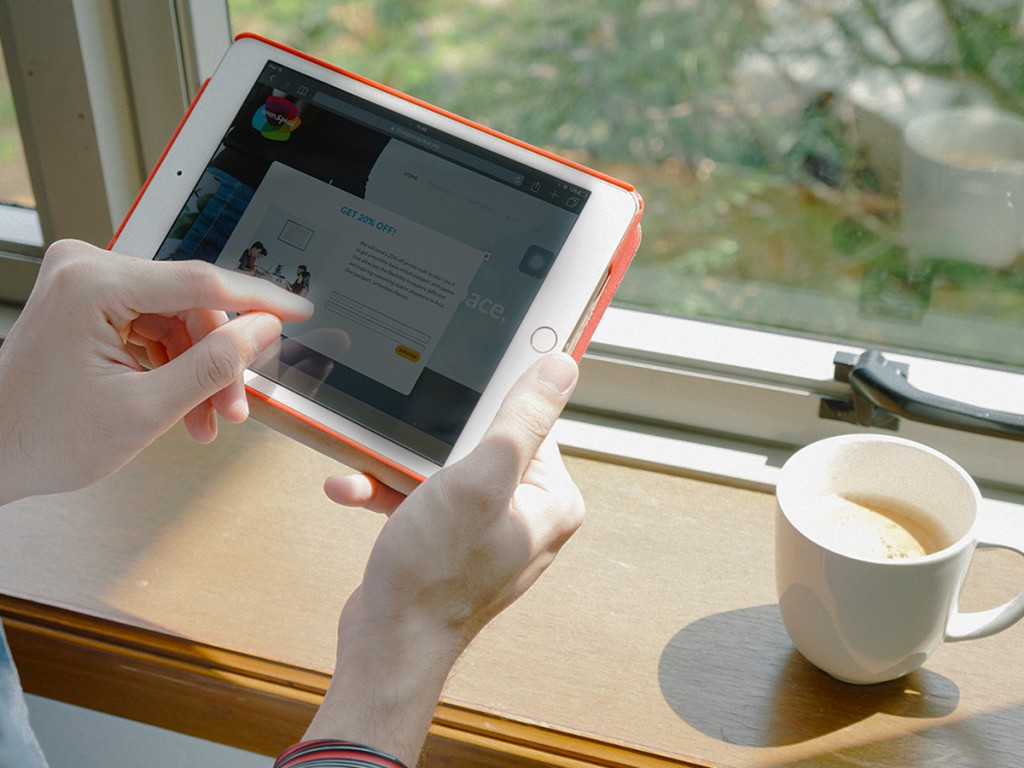
Image credit: OpenAcademy
The unemployment rate in Malaysia is at its highest in a decade, as employees are losing their jobs due to their employers’ businesses still struggling.
If you are among those affected, your initial plan may be to start looking for another job. But with over 600,000 Malaysians also facing the same situation, competition will be at an all-time high.
To tide yourself over during this period where many businesses are also uncertain about their future, you can seek freelance work by monetising the skills you have.
Offer your services that you already did in your 9-5 job to people as a one-person service provider, be they something as simple as administrative work, freelance writing, online marketing, or even business consultancy. You’ll find that you won’t have to depend on an employer to have a platform for your skills.
5. Improve your skills through online courses and webinars
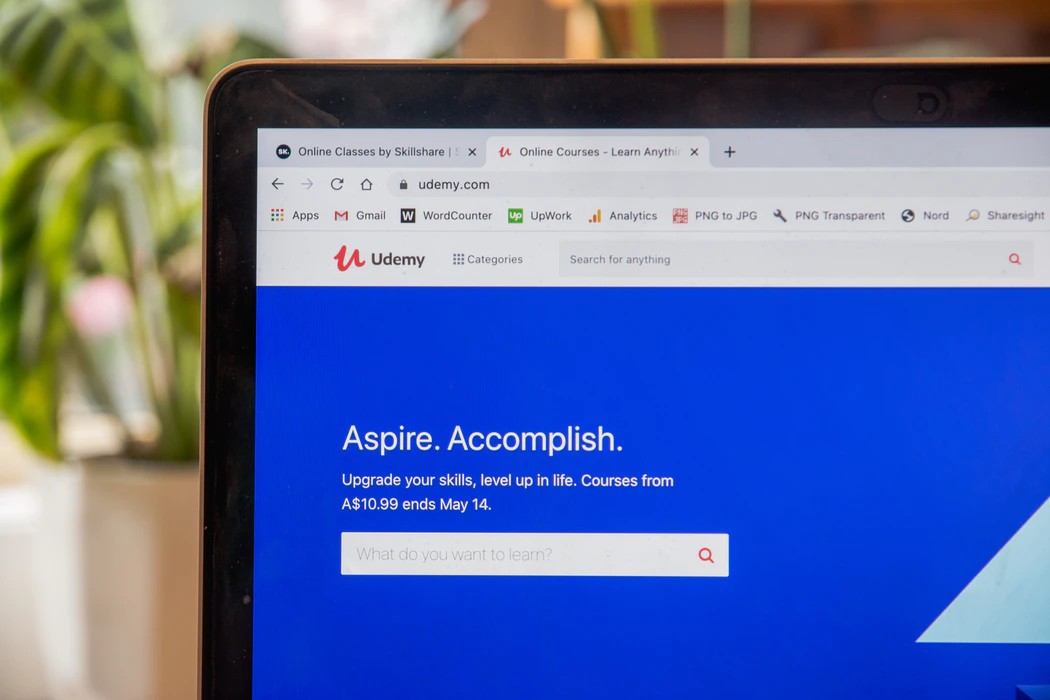
Image credit: Lewis Keegan
Fortunately, online classes and webinars are aplenty today for you to pick up new skills or diversify your capabilities. Future-proof skills such as digital marketing, coding, graphic design, and investing can provide you with an advantage should you start your own venture or even if you just want to freelance.
A good place to begin is to subscribe to Skillshop by Google to join their free online training on how to use digital marketing tools.
There are also a bunch of other free online courses if you’re interested in picking up business taught by an Ivy League school, photography with Nikon, animation from Pixar, and many more.

Image credit: FutureLab
For something more localised, mentorship platforms such as the OpenAcademy and FutureLab regularly host live talks on Facebook with entrepreneurs to discuss the industry, branding, new marketing trends and more. FutureLab goes live twice a week, with one session on a weekday and the other on a Saturday. Be sure to keep up to date with their talks here.
6. Stock up on sustainable containers
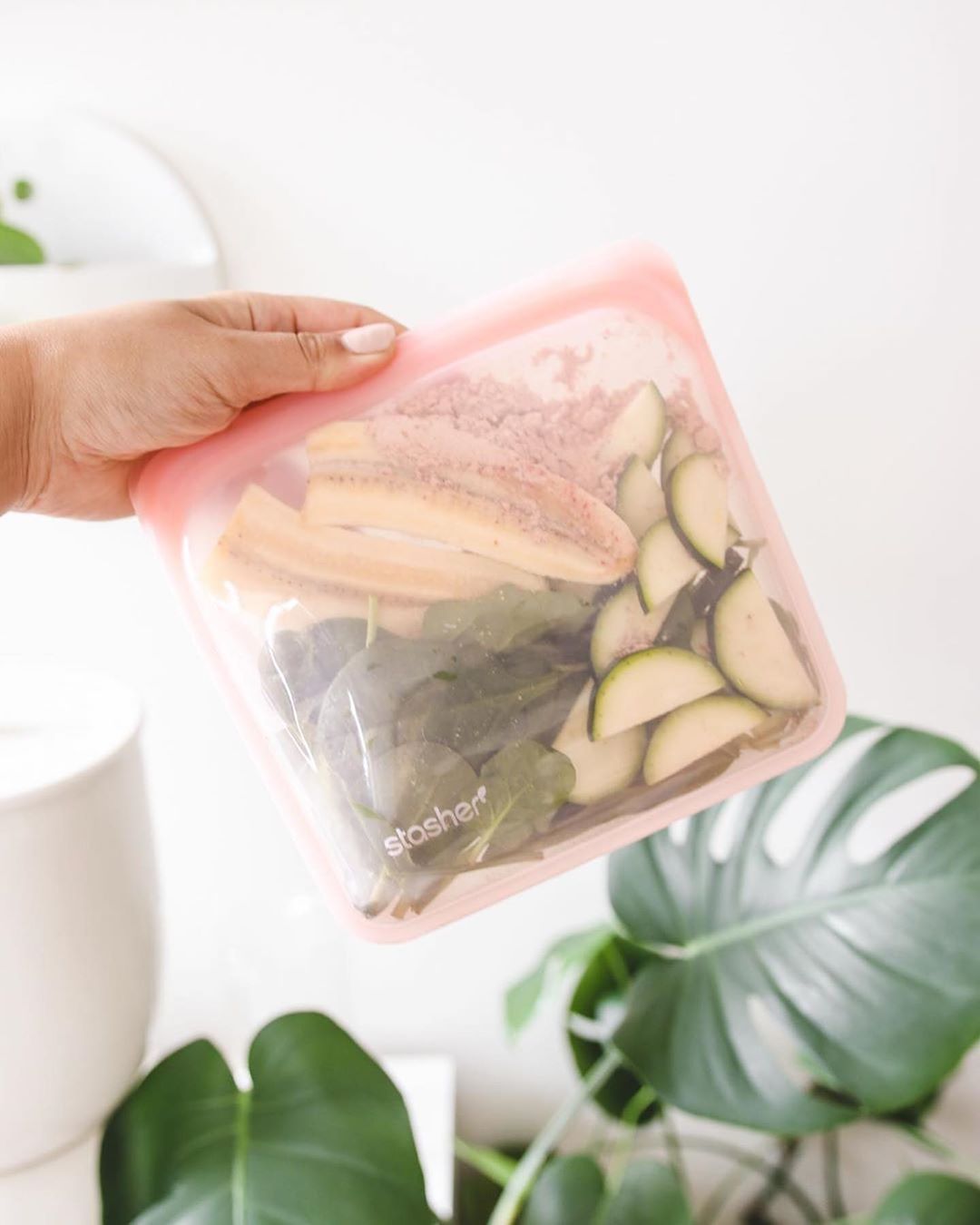
Image credit: @stasherbag
With all the social distancing measures in place, dining out isn’t as readily available as it used to, and ordering food delivery every single day is not exactly a pocket-friendly option either. This means that Malaysians will have to embrace the tapau culture.
Takeaway food is convenient and affordable, but all the plastic takeaway packs and cutlery can take its toll on the environment.
As food takeaway becomes the new norm, it’s about time to invest in high-quality and functional sustainable packaging from brands such as Stojo, Stasher Bag, W and P Design, and Lékué. Not only will they aesthetically jazz up your tapau-look, but your food will remain appetising after you bring it back home or to the office as well.
7. Grow your own food to be more self-sufficient
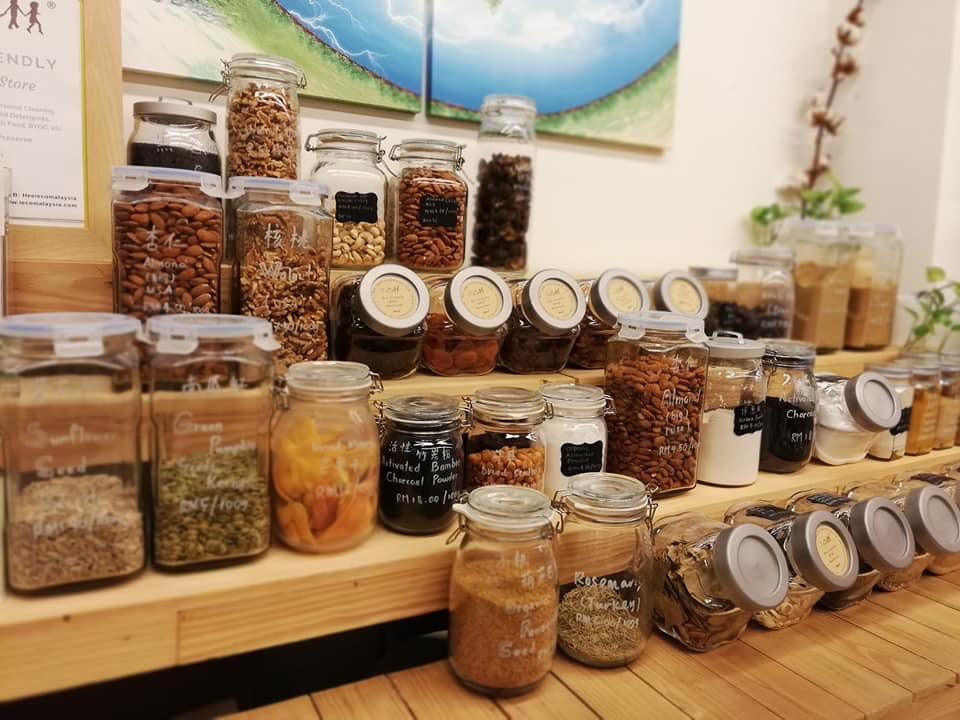
Image credit: Carol Lim
While Malaysia is fortunate enough to have its own farms and fisheries, we have already gotten a glimpse of what may happen if our food supply chain is disrupted. When news of a lockdown first emerged, everyone started hoarding essentials, fearing that they would run out.
This is why it is important for us to start learning how to grow some of our own food, to help ourselves fulfill our most crucial need for sustenance.
While it’s unrealistic to expect everyone to grow food for 100% of their own dietary needs at home, you can start by growing simple produce in your own backyard for a healthier and cheaper way of living. Tropical veggies such as chillies, okra, eggplant, sweet corn, cucumber, lettuce, and spinach are relatively easy to grow from pots.
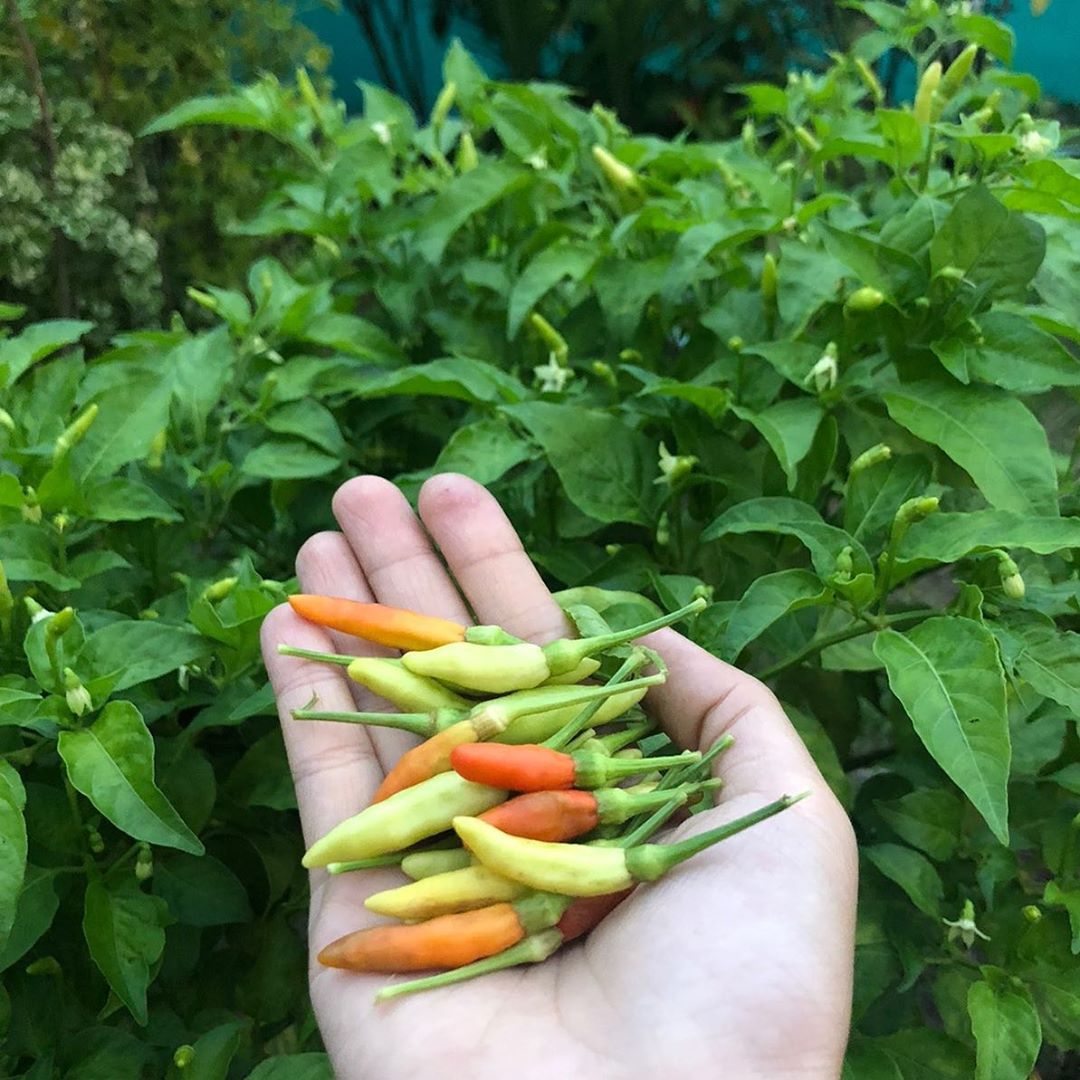
Image credit: @fengfa.homegrown
Malaysians are actually already finding ways to fulfill their own secondary needs. Besides home gardening kits, there’s also been a surge in purchasing home fitness equipment and self-grooming kits.
Adapting to life after the CMCO in Malaysia
When we look back at this a few years from now, we can either choose to remember the anxiety, fear, and all our losses, or how we took the CMCO as an opportunity to learn a new skill, discover new opportunities, or improve our lives at home.
We can take comfort in the fact that we’re not facing this alone. Life after the CMCO in Malaysia is going to be a new reality for everyone, and this means that there are undiscovered ways and opportunities to make it better.
For more tips on things to do at home during the pandemic, check these out: